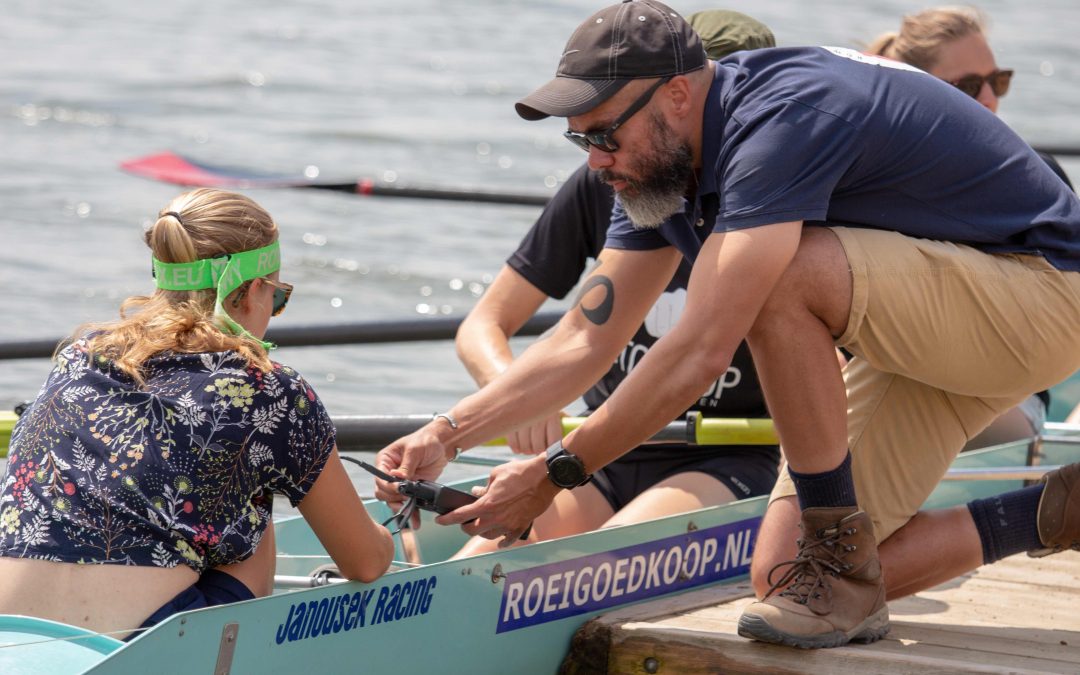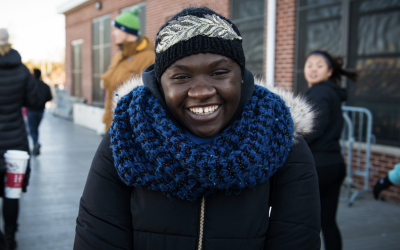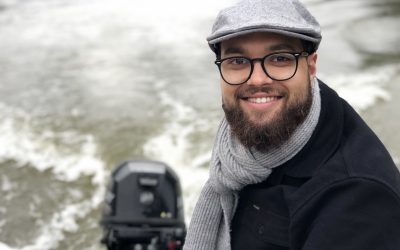Brock grew up in Atlanta and moved to Austin, Texas, around age 30. “I had a difficult time with, among other things, a lost relationship and wanted to make a fresh start. I didn’t even know at the time that the sport of rowing existed. Someone alerted me to a so-called Learn to Row project, a kind of course of the American Rowing Federation to allow people to rowing on an accessible way. At that moment I wanted to try everything new, so this too. But my life didn’t really change until I was in an eight for the first time and we all made a good run together. What a feeling that was! Since then I have been attached.”
Father figures
He was then included in a fanatical Masters eight from Austin Rowing Club and made the most of rowing. “For me, it was even much more than that. I gained confidence. Because of my stature, I turned out to have quite a lot of talent and that provided the necessary compliments. There were some older menon the team before I became some kind of father figures. To go out on the water with them every morning at 4:30 a.m. was a powerful feeling. I then first found out how beautiful it is to be part of a group. I soon found out that I wanted to convey that experience to others as well.”
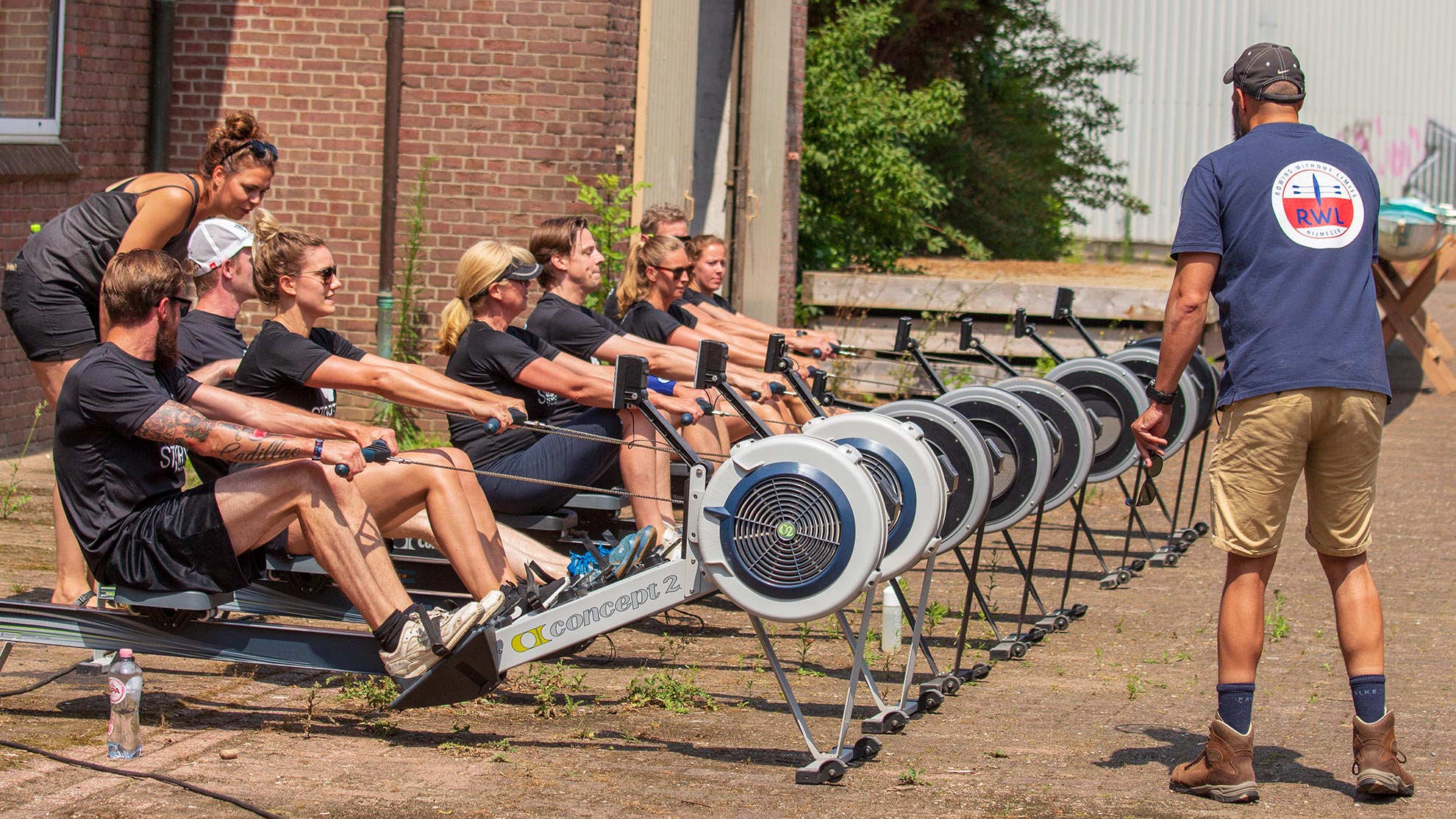
Adventure
“Via via we ended up in the Netherlands where we were able to train almost full-time through sponsors and the associations the clubs Het Spaarne and Okeanos. This allowed us to create some sort of conditionsthat were necessary forthis. Rowers from the national team stood watching as we – two black men – came off the waterat 9a.m. and they only started. It resulted in nice conversations and contacts.” The pair trained together for four months and the boy rowed some international races. “We both learned a lot. Eventually he received a scholarship to an American university and is now a rowing coach himself. How beautiful can you have it?”
De Waal
Meanwhile Brock had met his girlfriend Naomi in the Netherlands. After a period in Detroit, they returned together in 2016 to live in Nijmegen. Brock wanted to get things back into rowing as soon as possible. This proved to be more difficult than expected, as the local club De Waal has only recently been active. “However, I soon came to the fact that the traditional rowing club in the Netherlands is slightly different than in America. People are more likely to think in trouble than opportunities. How many times I have heard that things were not possible but that my enthusiasm was appreciated. And why, for example, on the board of an associationthere are almost only people elder people and you hardly see rowers who are a bit different, as with a dark skin color or deaf? If you want something different than usual, they’ll think that’s weird. “
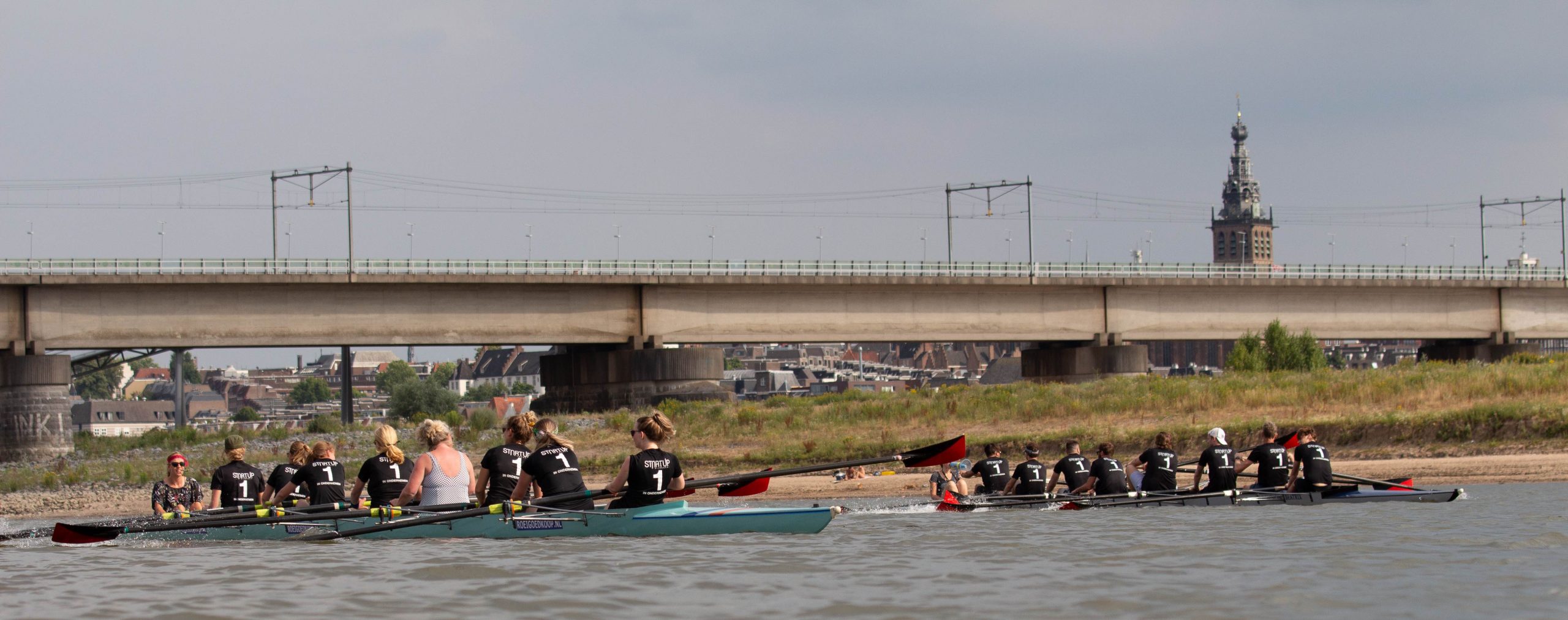
Frustration
The other side is that things are much slower than he had initially hoped. For example, it took months to connect with the goals of the city of Nijmegen, while one of their objectives is that everyone should be able to exercise in asafe environment. “And what I find most difficult is that when someone during a clinic asks very enthusiastically when he or she can come row again that is not possible now. That shouldn’t be possible. I sincerely hope that we can break down that barrier in Dutch rowing one day and that we make it possible that really where everyone can join a rowing club somewhere. Rowing is more than a sport and our clubs has to propagate this a lot more!”
Rowing in Color, a podcast with a mission in a white-dominated sport.
Almost a decade ago, Patricia Destine began her rowing journey and hasn’t looked back since. Patricia’s career began in 2012 when she joined club team Row New York where she later became a coach and continues to share her passion for the sport to this day. Alongside...
Inclusion in Rowing
The documentary A Most Beautiful Thing, which was released in the US over the summer, tells the story of the first African-American high school rowing team. In a predominantly white sport like rowing, they stood out amongst their peers at regattas in the late 1990s....

